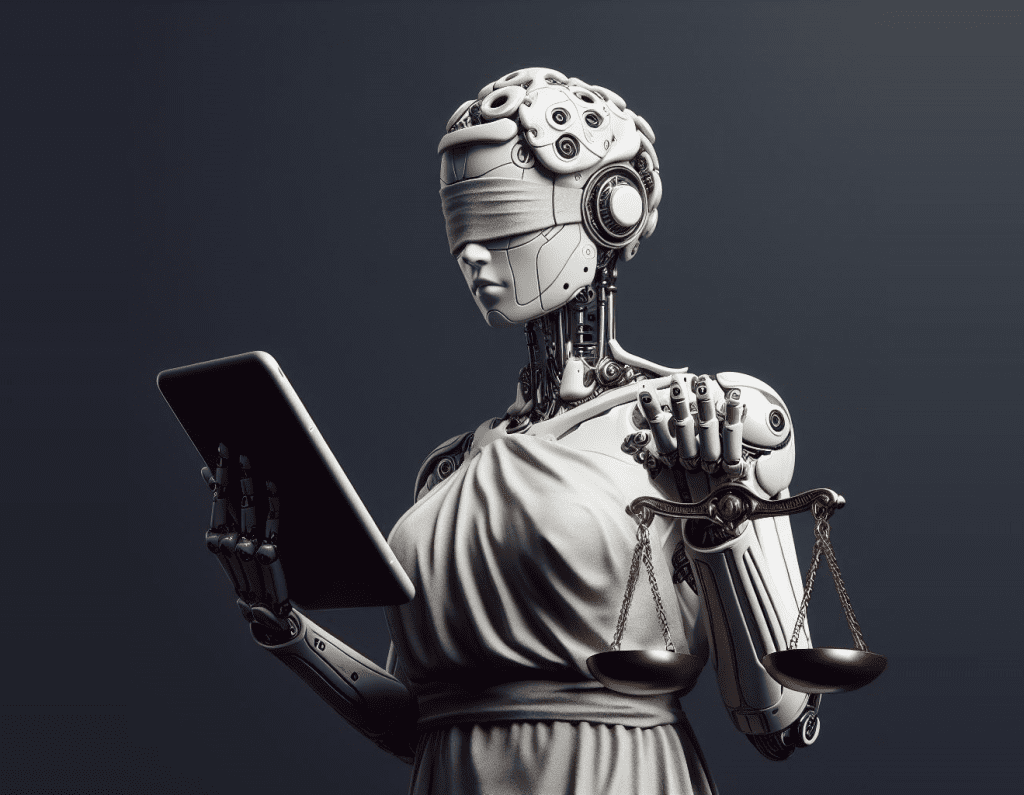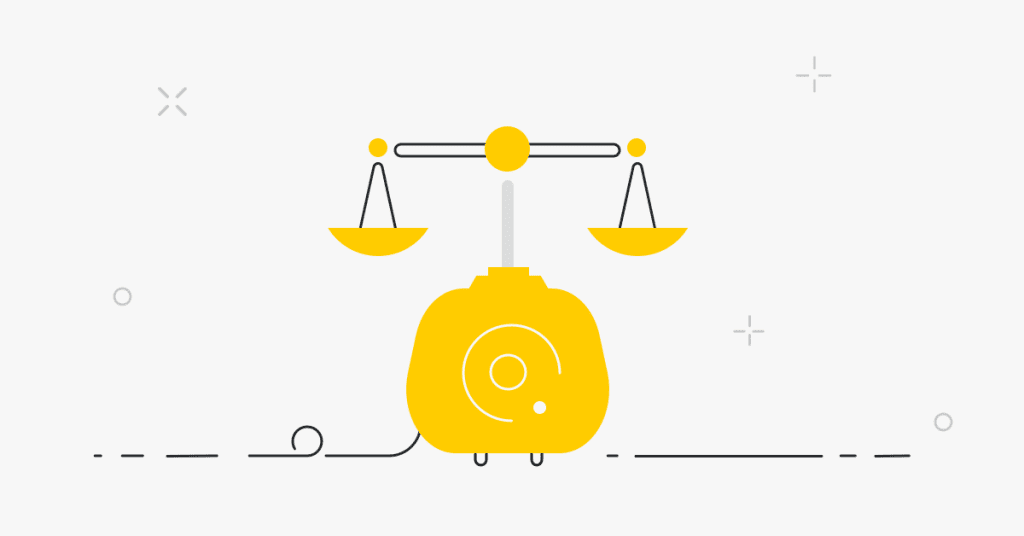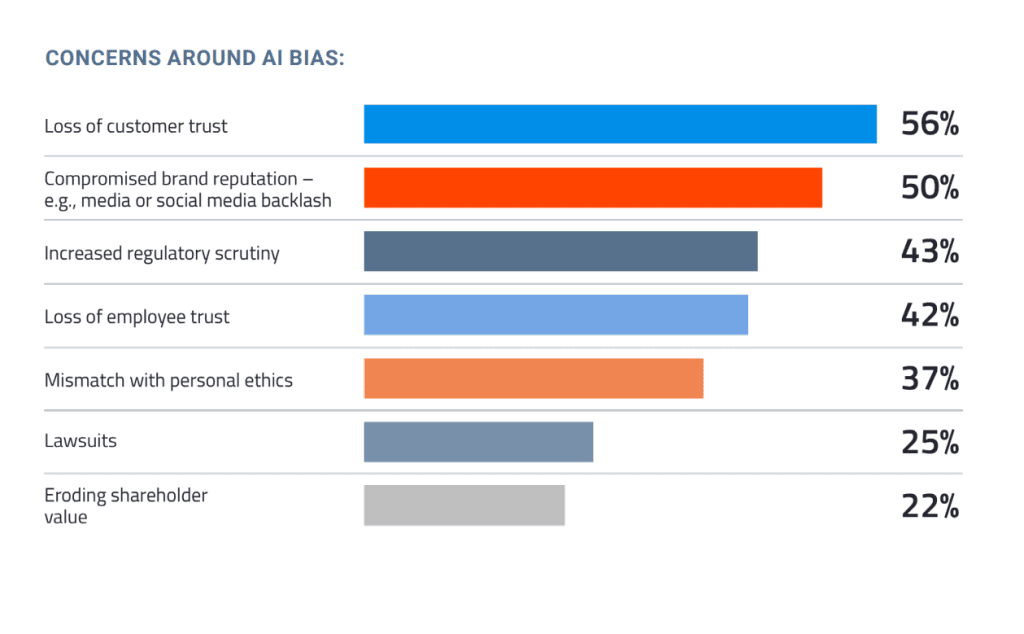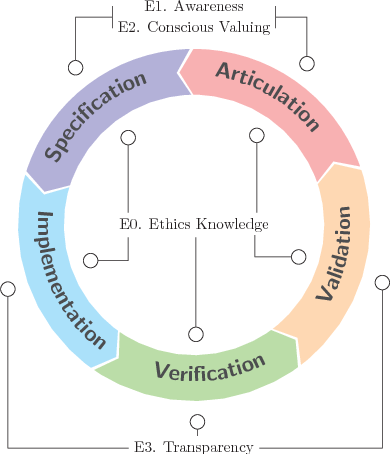Software Engineering Ethics: Software engineering, the invisible force shaping our digital world, carries immense power and responsibility. Behind the sleek interfaces, seamless apps, and intricate algorithms lies a complex web of ethical considerations. In this exposé, we delve into the shadows, uncovering the hidden truths that haunt the corridors of code.

Table of Contents
The Software Engineering Code of Ethics
At the heart of ethical software development lies the Software Engineering Code of Ethics and Professional Practice. These eight principles serve as a compass for engineers navigating the digital landscape:

- Public Interest: Software engineers must act consistently with the public interest.
- Client and Employer: Their actions should align with the best interests of clients and employers while considering the public good.
- Product Standards: Engineers must ensure that their products meet the highest professional standards.
- Integrity and Independence: Upholding integrity and independence in professional judgment is paramount.
- Ethical Management: Leaders should promote ethical approaches to software development.
- Profession Reputation: Engineers contribute to the integrity and reputation of their profession.
- Colleague Support: Fairness and support for colleagues are essential.
- Lifelong Learning: Engineers commit to lifelong learning and ethical practices.
These principles underscore the commitment to the health, safety, and welfare of the public. As influential as modern-day celebrities, software engineers wield immense power-shaping businesses, societies, and lives across the globe.
The VW Scandal: A Cautionary Tale
The infamous Volkswagen (VW) scandal serves as a stark reminder of ethical lapses in software engineering. VW installed a “defeat device” in 11 million diesel vehicles, manipulating emissions tests. The fallout included massive recalls, legal battles, and a tarnished reputation. The scandal underscores the need for unwavering ethical standards in software development.
Ethical Dilemmas in the Code
Software engineers grapple with ethical dilemmas daily. Consider these scenarios:
- Privacy vs. Profit: Balancing user privacy with data-driven business models challenges engineers. How much personal information is too much?
- Bias in Algorithms: Algorithms perpetuate biases present in training data. Engineers must confront bias head-on.
- Weaponization of Technology: From surveillance tools to deepfakes, software can be weaponized. Ethical boundaries blur.
Responsibility Beyond Code
Software engineers are not mere code artisans; they are stewards of the digital realm. Their decisions ripple through society, affecting lives, economies, and democracies. As we embrace AI, blockchain, and quantum computing, ethical considerations become even more critical.

The Call to Action
To navigate this murky terrain, engineers must:
- Educate Themselves: Lifelong learning ensures ethical practices.
- Speak Up: Challenge unethical practices within organizations.
- Advocate for Change: Push for transparent algorithms and responsible AI.

In the ever-evolving landscape of software engineering, ethics must remain our guiding star. Let us unveil the dark truths, confront them, and build a digital world that serves humanity-not shadows. For more information,so please visit the following links.
1: Everything You Need to Know About Software Engineering Ethics
2: Ethics in the Software Development Process: from Codes of … – Springer
3: Engineers, Ethics, and the VW Scandal – IEEE Spectrum
Frequently Asked Questions (FAQs) Software Engineering Ethics
Q: What is the Software Engineering Code of Ethics?
A: The Software Engineering Code of Ethics and Professional Practice consists of eight principles guiding ethical conduct in software development. These principles include acting in the public interest, aligning actions with client and employer interests, maintaining product standards, upholding integrity and independence, promoting ethical management, contributing to the profession’s reputation, supporting colleagues, and committing to lifelong learning and ethical practices.
Q: Why is the VW Scandal mentioned in relation to software engineering ethics?
A: The VW Scandal is referenced to highlight a significant ethical lapse in software engineering. Volkswagen installed a “defeat device” in diesel vehicles, manipulating emissions tests. This scandal serves as a cautionary tale, emphasizing the importance of unwavering ethical standards in software development.
Q: What are some ethical dilemmas faced by software engineers?
A: Software engineers encounter various ethical dilemmas, such as balancing user privacy with profit motives, addressing biases in algorithms, and grappling with the potential weaponization of technology, including surveillance tools and deepfakes.
Q: How can software engineers fulfill their responsibility beyond code?
A: Software engineers are urged to educate themselves continually, speak up against unethical practices within organizations, and advocate for transparent algorithms and responsible AI. They are stewards of the digital realm, with decisions that impact society, economies, and democracies.
Q: Where can I learn more about software engineering ethics?
A: You can explore additional resources such as articles and publications like “Everything You Need to Know About Software Engineering Ethics” by Fellow, “Ethics in the Software Development Process: from Codes of …” from Springer, and “Engineers, Ethics, and the VW Scandal” on IEEE Spectrum. These sources provide valuable insights into the complexities of software engineering ethics and their real-world implications.

